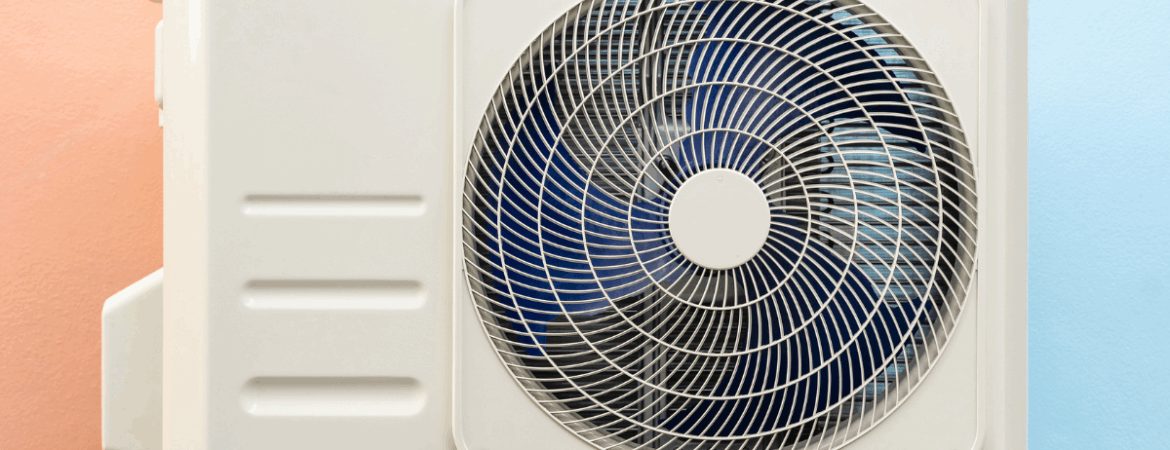Heating, ventilation, and air conditioning (HVAC) systems are at the heart of modern comfort. They keep homes cozy in winter, cool in summer, and ensure that workplaces, restaurants, and hospitals maintain a healthy indoor climate. But as energy costs rise and climate concerns intensify, HVAC systems are no longer judged only by their cooling or heating capacity. Today, sustainability and energy efficiency define the future of the industry.
This article explores how technological innovation, government regulations, and shifting consumer expectations are reshaping HVAC systems—and why energy efficiency is now the standard for both households and businesses.
1. Why Energy Efficiency Matters More Than Ever
Globally, HVAC systems account for over 40% of a building’s total energy use. For businesses and homeowners alike, this translates into high utility bills and significant carbon emissions.
- Environmental impact: Traditional systems that use outdated refrigerants contribute to greenhouse gas emissions.
- Economic pressure: Rising electricity costs make inefficient systems financially unsustainable.
- Health and comfort: Poorly performing systems not only waste energy but also compromise indoor air quality.
In short, sustainability isn’t just a buzzword—it’s a necessity for cost savings, regulatory compliance, and environmental responsibility.
2. The Rise of Eco-Friendly Refrigerants
One of the biggest shifts in HVAC is the move away from harmful refrigerants like R22, which has been phased out due to its ozone-depleting properties.
- R32 and R290: These newer refrigerants have a lower global warming potential (GWP) and are becoming the standard in modern systems.
- Industry compliance: Manufacturers worldwide are transitioning to meet international environmental standards, ensuring that future HVAC models will be cleaner and safer.
- Consumer benefit: Systems using eco-friendly refrigerants often perform more efficiently, offering lower energy costs over time.
3. Inverter and Variable-Speed Technology
Gone are the days when HVAC systems simply turned on and off at full power. Inverter and variable-speed technology have revolutionized efficiency:
- Inverter compressors adjust power output to meet real-time demand, reducing waste.
- Variable-speed fans maintain consistent comfort while consuming less energy.
- Result: Up to 30% energy savings compared to conventional fixed-speed systems.
This technology not only cuts costs but also reduces wear and tear, extending the system’s lifespan.
4. Smart HVAC and the Internet of Things (IoT)
Modern heating and cooling systems are increasingly connected. With smart thermostats and IoT integration, users gain unprecedented control:
- Remote access: Adjust temperature settings via mobile apps from anywhere.
- Data insights: Monitor energy use, identify inefficiencies, and track maintenance needs.
- Automation: Systems can learn user habits and adjust operations automatically, balancing comfort and efficiency.
For businesses, smart HVAC reduces wasted energy in unused spaces; for homeowners, it ensures maximum comfort without inflated utility bills.
5. Government Incentives and Regulations
Governments worldwide are encouraging sustainable HVAC adoption through stricter energy codes and financial incentives.
- Tax credits and rebates: Many regions offer financial rewards for upgrading to high-efficiency systems.
- Building codes: Commercial and residential buildings must increasingly meet energy efficiency standards.
- Long-term compliance: Investing in efficient systems today helps avoid penalties and costly retrofits tomorrow.
6. The Business Case for Sustainable HVAC
For businesses, sustainability goes beyond compliance—it’s a brand value. Customers and employees alike increasingly expect companies to demonstrate environmental responsibility.
- Lower operating costs: Efficient systems cut monthly energy bills significantly.
- Corporate reputation: Green initiatives strengthen brand image and customer trust.
- Employee well-being: A healthier, more comfortable workplace boosts morale and productivity.
7. Looking Ahead: What’s Next for HVAC Sustainability
The HVAC industry continues to evolve, with innovations like:
- Geothermal heat pumps: Using the earth’s stable underground temperature to provide sustainable heating and cooling.
- Solar-assisted HVAC: Systems powered partly by renewable solar energy.
- Advanced air purification: Integration of sustainable filtration and ventilation technologies to improve indoor air quality while saving energy.
These advances point toward a future where HVAC systems are smarter, cleaner, and more integrated into sustainable building design.
Conclusion: Efficiency Is the New Standard
Choosing an HVAC system today means looking beyond immediate comfort. It means considering long-term energy efficiency, environmental impact, and overall sustainability. Whether you’re a homeowner upgrading your air conditioner or a business outfitting a new office, the right system can lower bills, reduce carbon emissions, and align with global efforts toward a greener future.
Key takeaway: Energy efficiency is not optional—it’s the future of HVAC. By investing in sustainable systems, you’re not just improving comfort; you’re contributing to a healthier planet and a more cost-effective tomorrow.


Leave A Comment